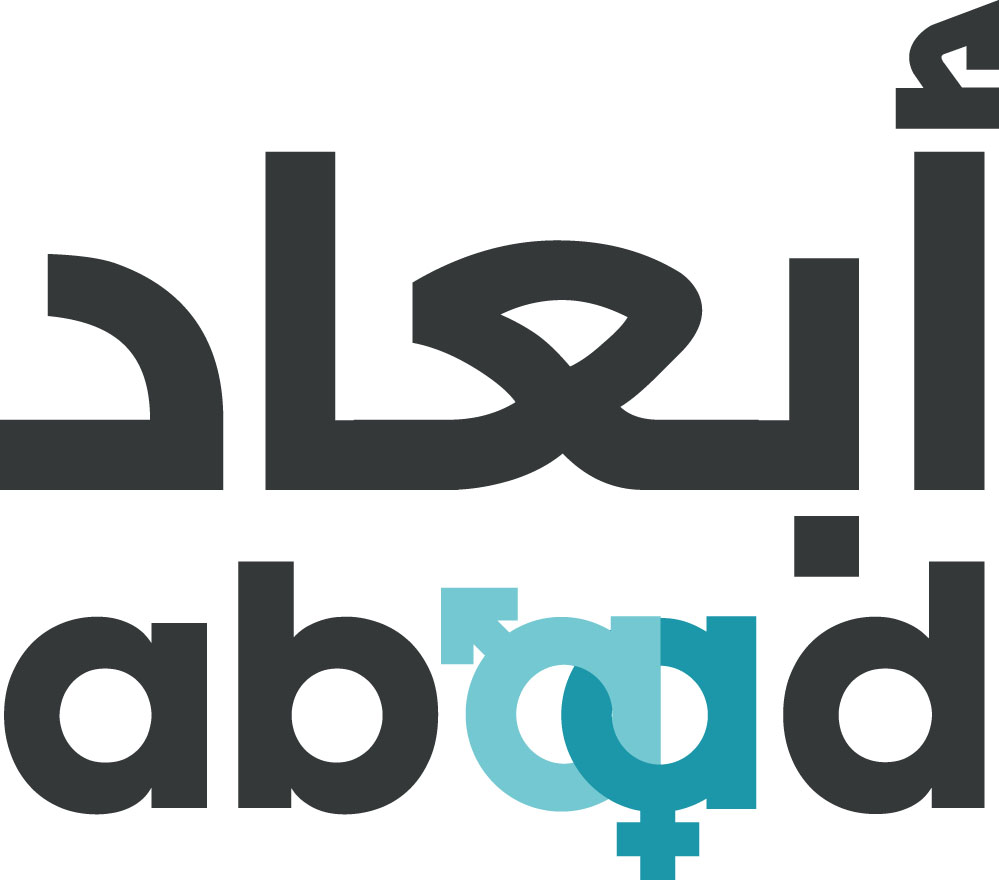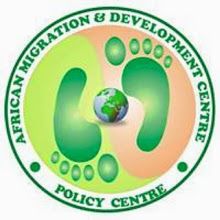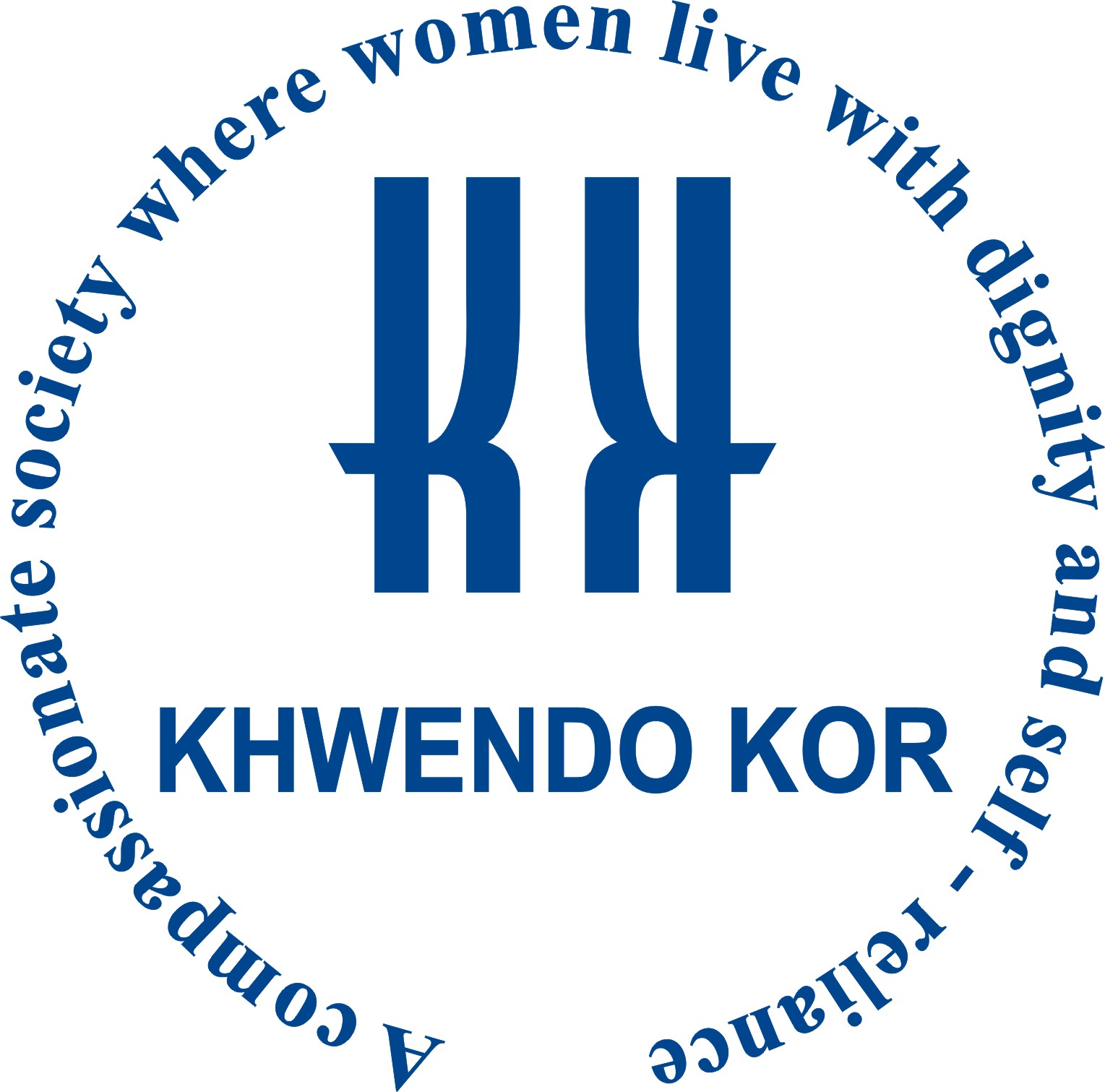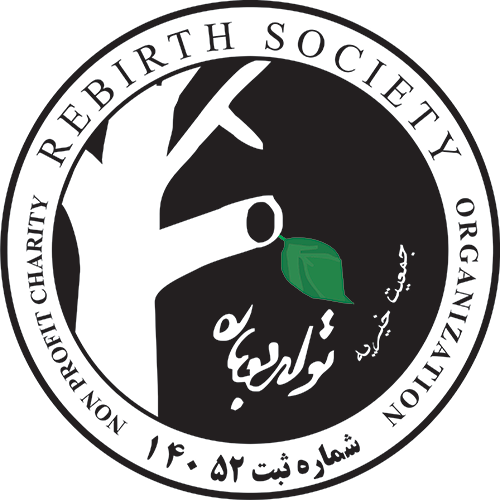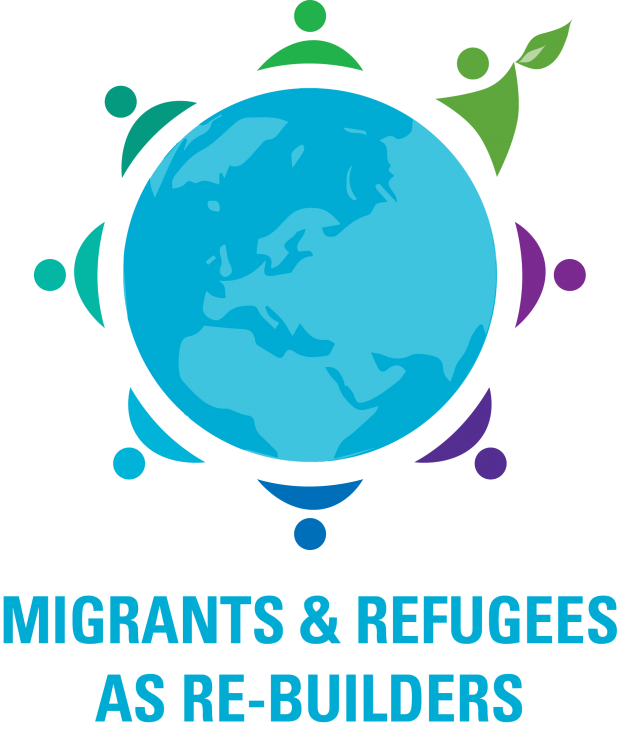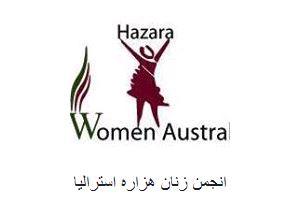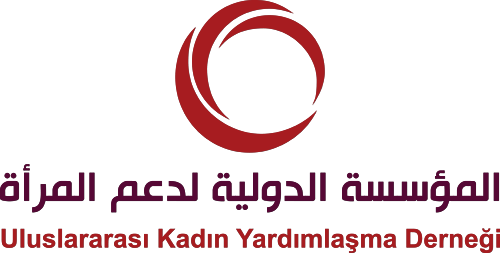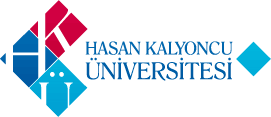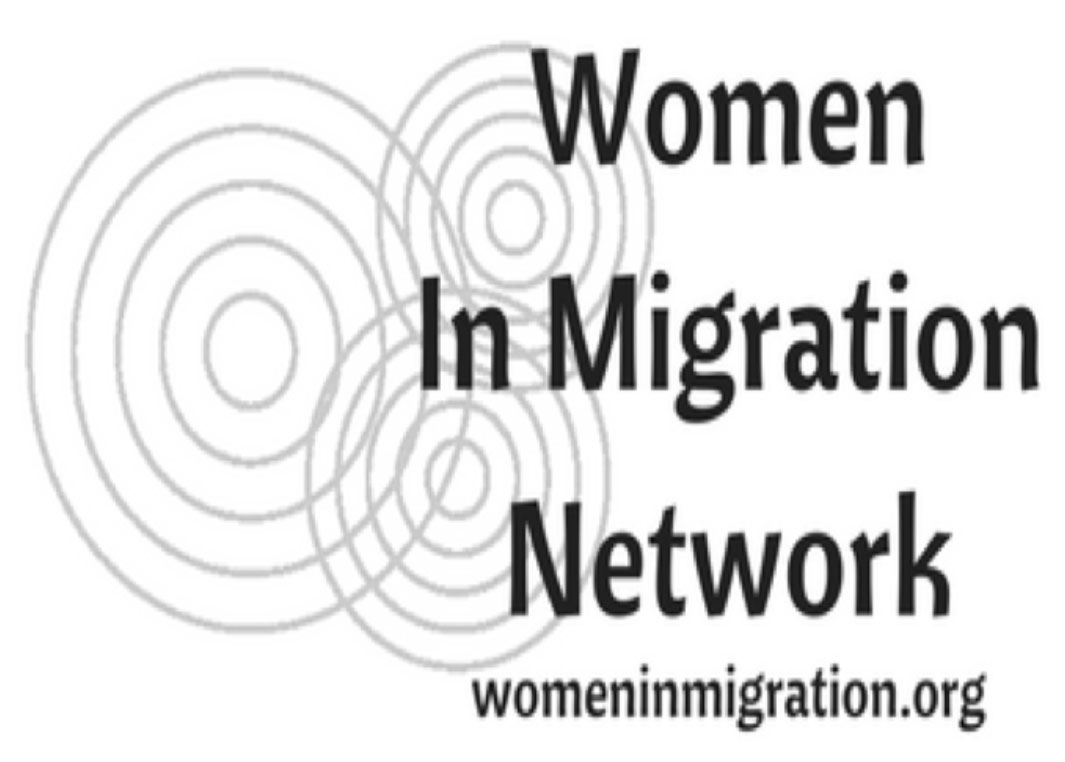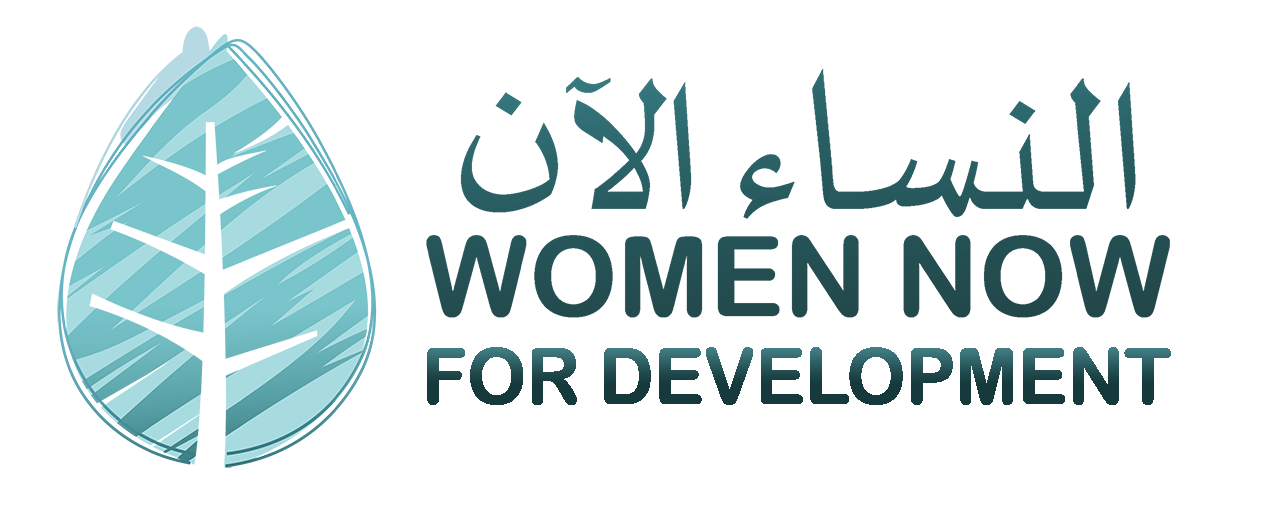Background
Half of the 65.6 million displaced persons around the world today are women and girls. While all refugees confront countless challenges, women and girls face additional challenges and risks due to multiple factors. One of these is the social, political and economic vulnerabilities they experience, linked to the persistent gender discrimination and inequalities that precede displacement, and affect women across the globe. Displaced women and girls, the majority of whom are hosted in low and middle-income countries, carry with them the legacy of these persistent and systematic gender inequalities.
The priorities of the women’s organisations surveyed during the consultation process are summarized in the table below. You can access the full consultation report here.
Policy priorities for refugees according to respondents from women’s organisations
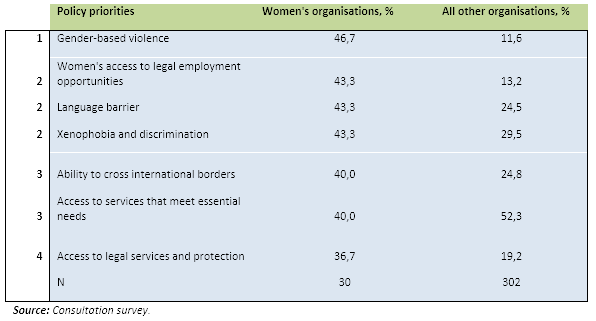
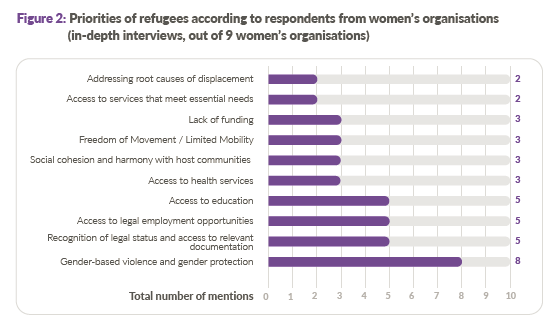
Policy recommendations
The policy paper developed by the Women and Displacement Working Group analyzes the main issues refugee women and girls face throughout the different phases of displacement, reveal gaps in existing mechanisms and draws upon lessons learned and best practices. It develops concrete policy recommendations to address gender-specific vulnerabilities and to integrate the voices of both refugee and host-community women into refugee related policy making processes.
You can access the policy paper here.
You can access the background paper for the Women and Displacement Working Group here.
Working group members
The policy recommendations developed by the Women and Displacement Working Group are based on inputs from 13 organizations, including four refugee-led organizations, seven national organizations and two international organization, from seven countries: Turkey, Lebanon, Pakistan, Australia, Kenya, Iran, South Africa. The following organizations participated in the policy development process:
